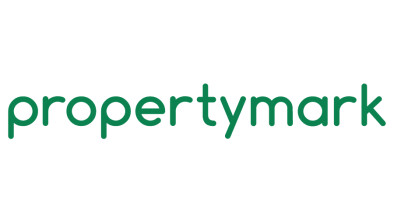Propertymark responds to Scotland’s new Register of Persons Holding a Controlled Interest in Land
Propertymark has responded to the Scottish Government’s announcement that communities and individuals will soon have access to information to enable them to find out who has a controlling interest in Scotland’s land.

Daryl McIntosh
Earlier this week, the Scottish Government revealed that it is introducing a new Register of Persons Holding a Controlled Interest (RCI) in land on 1 April 2022.
This public register provides key information about those who ultimately make decisions about the management or use of land, even if they are not necessarily registered as the owner, including overseas entities and trusts.
Daryl McIntosh, Propertymark’s policy manager for the devolved nations, said: “The register is good in theory, but an exemption for companies incorporated under the Companies Act makes little sense. How will this improve the transparency of complex company structures which is primarily what it sets out to do?
“To help maintain the integrity of the market not only is it vital to know who the owner of land or property is but there is also transparency in relation to those who have ultimate control over decision-making in relation to land making it more difficult for fraudsters to hide behind complex structures.”
He added: “It’s right the register is free and publicly accessible, and it has the potential to add some robustness to the checks estate agents must already complete prior to sale to comply with their anti-money laundering obligations. But to do that it must close existing loopholes, not leave them some of them wide open.
“With any regulatory instrument that requires self-declaration the measure of its success will be in how effectively it’s policed and enforced.”
He concluded: “For agents, they may want to check they fully understand the requirements of the register and its exemptions so they can advise clients whose property they manage accordingly to ensure they are fully compliant before the one-year grace period expires and fines of up to £5,000 for breaches come into effect.”








